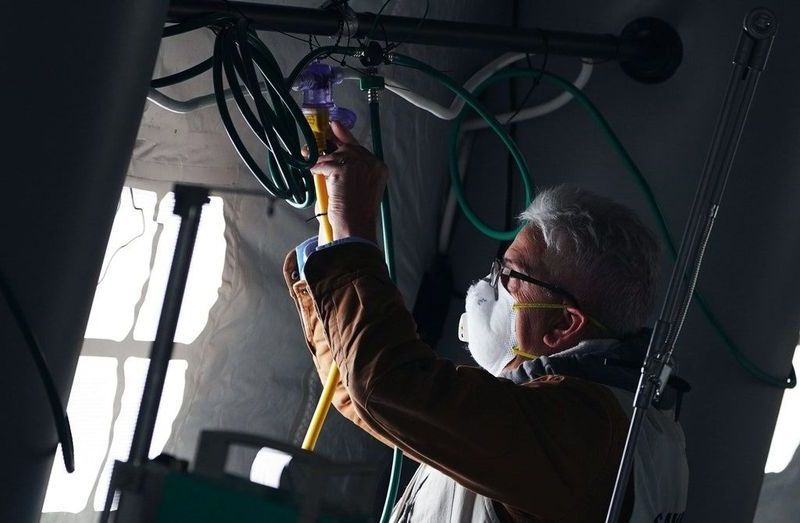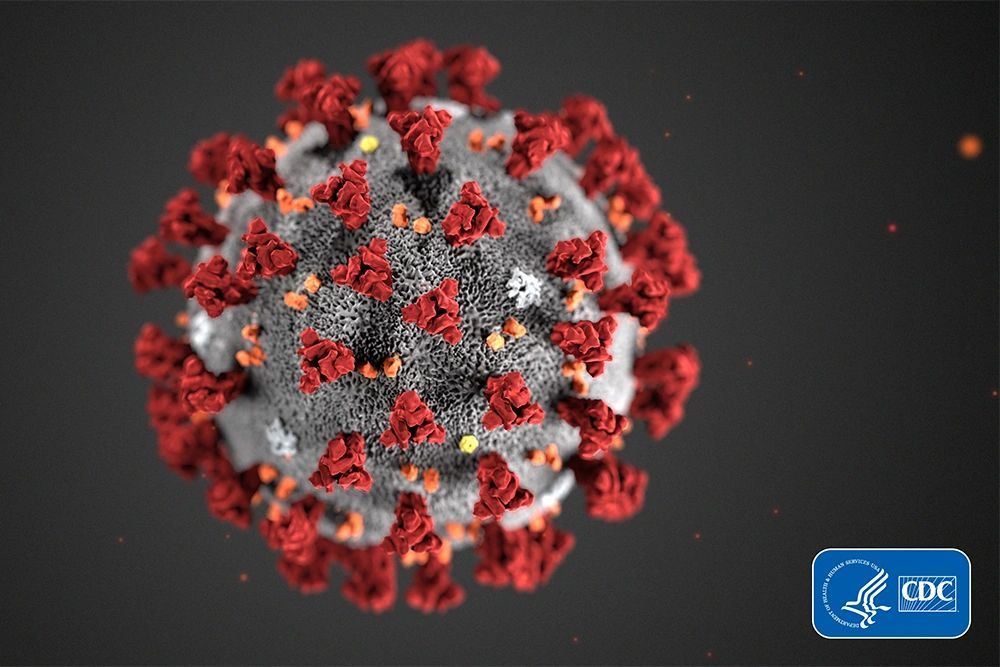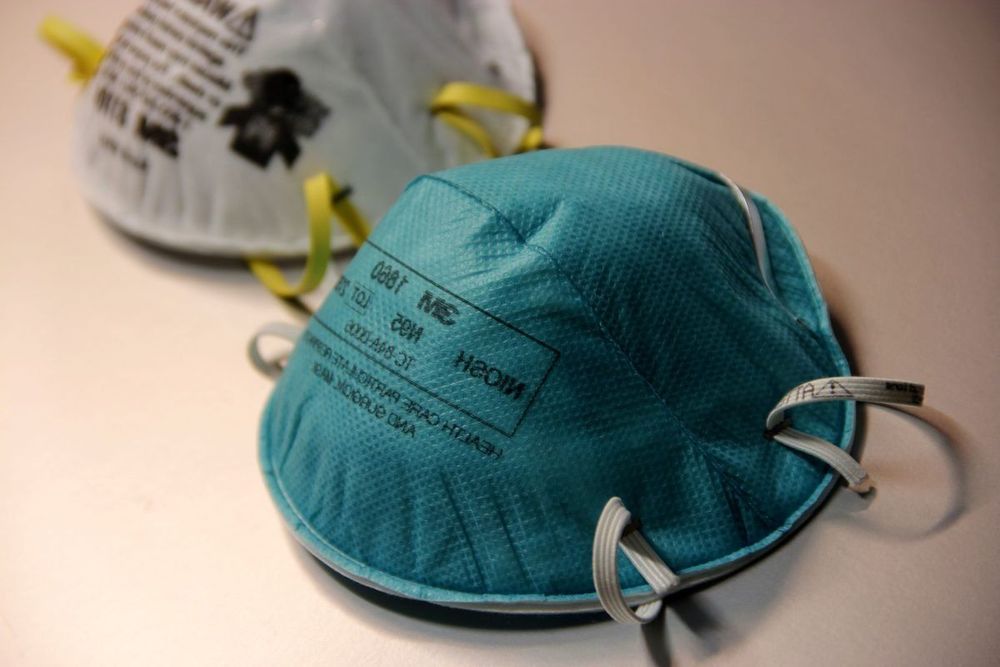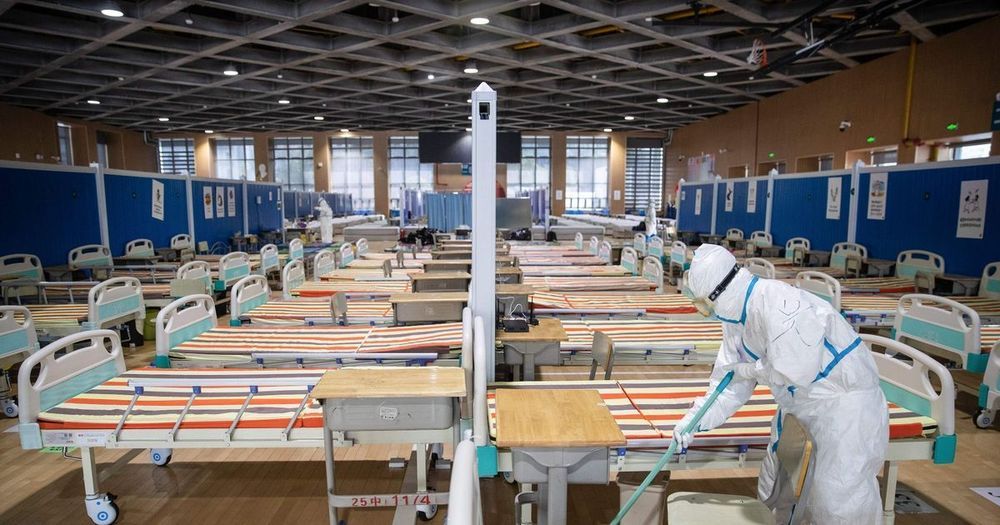With over 17,300 cases and 1,135 deaths to date, Iran has been one of the countries hit hardest by COVID-19, with the virus affecting not only the population at large, but a big portion of the political elite as well. Last week, Supreme Leader Ali Khamenei said there was evidence that the pandemic may have been a “biological attack.”
A group of 101 Iranian doctors has penned a letter addressed to the leaders of Afghanistan, Georgia, Iraq, Kazakhstan, Kyrgyzstan, and Pakistan to take ‘immediate action’ to destroy “all of the US biological laboratories” in their countries amid fears that the coronavirus pandemic may have been spread deliberately as a form of biological warfare, Press TV has reported, citing the letter.








